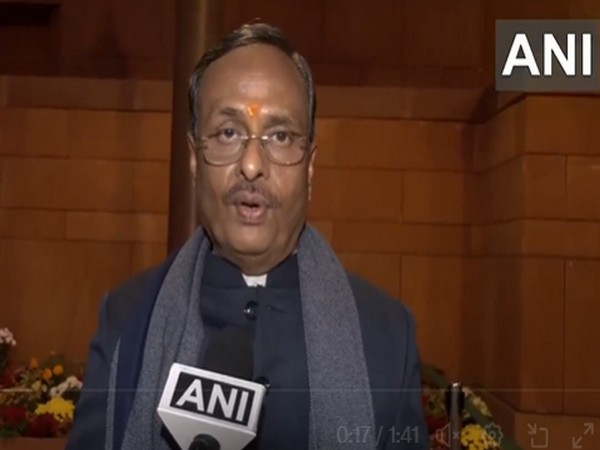BJP MP Backs 'One Nation, One Election': A Debate on India's Democratic Structure
BJP MP Dinesh Sharma supports the 'One Nation, One Election' bill, suggesting it could enhance GDP and reduce election costs. The bill, facing opposition, proposes simultaneous Lok Sabha and state assembly elections. Critics argue it undermines federalism and democratic integrity.

- Country:
- India
BJP MP Dinesh Sharma has voiced his endorsement for the controversial 'One Nation, One Election' bill, which he claims could significantly boost India's GDP and alleviate the fiscal strain of frequent elections on the national treasury. Sharma criticized opposition parties for their unconstructive stance in Parliament, accusing them of placing international concerns above domestic welfare.
In a pointed critique, Sharma alleged that the opposition exhibits selective empathy, favoring international issues like the Palestine situation while neglecting domestic matters, such as the conditions of Hindus in Bangladesh. He stated, "The opposition's negative role in Parliament has emerged. The 'One Nation, One Election' initiative promises economic gains, but frequent elections deplete government resources and hinder progress."
Today, the 'Constitution (One Hundred and Twenty-Ninth Amendment) Bill, 2024' and 'The Union Territories Laws (Amendment) Bill, 2024' were officially introduced in the Lok Sabha. The proposal aims for synchronized elections for both the Lok Sabha and state assemblies and now heads to a Joint Parliamentary Committee for further scrutiny. The introduction of the bill recorded 269 votes in support and 196 against.
The development followed Law Minister Arjun Ram Meghwal's introduction of the bill, with an agreement to refer it to a JPC, aligning with Union Home Minister Amit Shah's statements. However, Congress MP Manish Tewari challenged the bill, insisting it contravenes the constitutional foundations of federalism and democracy, exceeding legislative authority. Meanwhile, DMK MP TR Baalu criticized the bill, echoing his leader M.K. Stalin's view that simultaneous elections are anti-federal and infringe upon the electorate's right to a full five-year term for elected governments.
(With inputs from agencies.)
ALSO READ
Cooperative Federalism: Bridging Kerala-Tamil Nadu Ties Amidst State Challenges
We own up our Constitutional amendments, they have not been done to further our grip on power: PM Modi.
Sitharaman Criticizes Historical Constitutional Amendments by Congress
Sitharaman Critiques Congress's Constitutional Amendments: A Political Perspective
One Nation, One Election: Constitutional Amendment Bill in Focus










